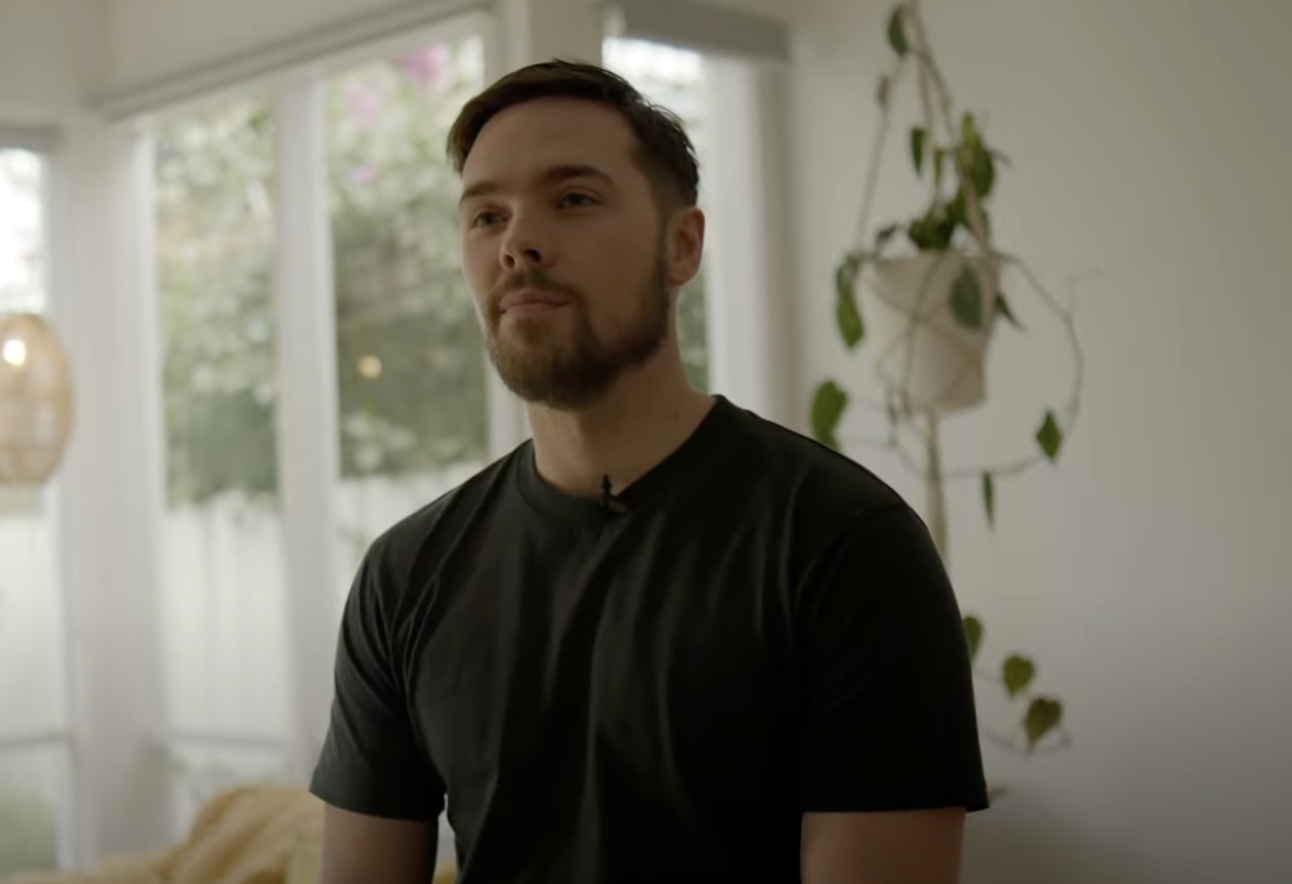- Clinical psychologists aim to help patients recognise, understand and manage their mental health issues.
- The number of professionals in the field is projected to grow by 13.3% between 2021 and 2026.
- There are multiple pathways to becoming a clinical psychologist. However, if you have already completed an unrelated bachelor degree you could instead undertake a Graduate Diploma in Psychology.
The human brain is a fascinating thing. Every mind is unique, and with mental health beginning to garner the attention it deserves, it’s a crucial time to enter the field of psychology.
Psychology is a broad discipline that covers several distinct areas of expertise, including cognitive, occupational, health, and social psychology. However, in this article, we’ll focus on the field’s most recognised form: clinical psychology.
Is clinical psychology the right career for you? Read on to find out.
What is the role of a clinical psychologist?
Clinical psychology is the most common form of psychology. If you close your eyes and imagine a psychologist, you’re likely to conjure up an image of a clinical psychologist.
Clinical psychologists work to understand psychological concerns such as stress and anxiety. They aim to help patients recognise, understand and manage their mental health issues. The work can be conducted one-on-one or in a group setting.
The core responsibilities of a clinical psychologist are assessment and psychotherapy, though some work can also be found in the research and business sectors. It’s important to note that clinical psychologists aren’t physicians, and therefore cannot prescribe medication in Australia; that task is left to psychiatrists.
Clinical psychologists can either focus on a range of mental health issues or become experts in a specific condition, such as depression, schizophrenia or PTSD.
Because there’s so much that we still don’t understand about the brain, and no two minds are alike, clinical psychology involves a lot of research and assessment within each case. This can include interviews, clinical observations and reviewing medical records.

Clinical psychologist job market trends
As a career, clinical psychology is as interesting as it is rewarding. However, is this profession in demand?
The good news is that there is more of a focus on mental health in Australia now than ever before. Though as a society we’re a long way from giving the issue the focus and funding it deserves, at the very least we’re trending in the right direction. This is thanks in no small part to campaigns like R U OK? Day and Movember, have played a critical role in raising the public’s awareness of mental health issues.
This trend is also reflected in the uptake in demand for psychologists and psychiatrists. According to the National Skills Commission, the number of professionals in the field is projected to grow by 13.3% between 2021 and 2026.
Clinical psychologist salary insights
As a highly specialised and in-demand profession, clinical psychologists tend to command a generous salary. The salary for an entry-level clinical psychologist is around $100,000, while more experienced practitioners can enjoy a salary nearer $130,000. The average across all clinical psychologists is $105,000 to $125,000 per year.
It should be noted that these figures don’t take locality into account. The cost of living in the centre of Sydney is far higher than the cost of living in Ballarat, so a clinical psychologist can expect to be paid more working in the former than the latter.

Clinical psychologist skills and experience
What skills and experience should a future clinical psychologist bring to the table? First, clinical psychologists tend to be social, personable, inquisitive and empathetic people. To succeed in this profession you need to be a great listener, a deep thinker, and have a sincere desire to help people.
Having graduated high school with the necessary grades, a prospective clinical psychologist will need to undertake an undergraduate sequence in psychology accredited by the Australian Psychology Accreditation Council (APAC). The most common entry pathways to the profession are a Bachelor of Psychology Honours or a Bachelor of Psychological Science.
If you have already completed an unrelated bachelor’s degree you could instead undertake a Graduate Diploma in Psychology. No matter which entry point you choose, all are completed with a Graduate Diploma of Psychology Advanced.
Having acquired your advanced diploma, you’ll be eligible to apply for provisional registration as a Psychologist with the Psychology Board of Australia. To become a clinical psychologist, you’ll then need to complete your studies by undertaking a Master of Psychology Clinical, which once again must be APAC-approved.
Earning your master’s degree means you can turn your provisional psychologist registration into the general registration that all practising psychologists in Australia are required to hold. It’s at this point that you become a fully qualified clinical psychologist.
An extra qualification that a clinical psychologist can gain is an Area of Practice Endorsement (AoPE), which recognises psychologists with advanced training in a specific area of practice. To secure the endorsement as a clinical psychologist you must complete a two-year registrar program which involves practising under the gaze of a Psychology Board-approved supervisor in the registrar program for between 1500–3000 hours (depending on your qualifications).
How long does it take to become a clinical psychologist in Australia?
How long does it take to navigate the path above? Here is a breakdown of the average timeframe for each step:
- Earning your advanced diploma: four years.
- Earning your master’s degree: two years.
- Earning your AoPE: The equivalent of one to two years of full-time practice with an approved supervisor.
Depending on your goals, needs and situation there may be an opportunity to shorten these timeframes (or indeed stretch them out). A Graduate Diploma in Psychology from Monash Online, for example, is designed to be completed in ten teaching periods (1.7 years), but a fast-track option is available that grants students the opportunity to complete the course in seven teaching periods (1.2 years).
Is a clinical psychologist role right for me?
The decision to choose clinical psychology as a career is a very personal one. As we’ve already covered, there are a wealth of reasons why this profession is a fantastic one to get into. It is, however, important to be aware of the challenges of the role.
Clinical psychology can be an emotionally demanding profession, as you are constantly exposed to the challenging situations that your clients face (which you are tasked with remedying). The most successful clinical psychologists are those who are able to separate their often draining work life from their personal life, leaving the challenges of the day behind when they close the office door.
That said, if you’re made of the right stuff, there are a wealth of reasons to become a clinical psychologist. The work is interesting and generously reimbursed, the demand for professionals is growing, and perhaps most important of all, helping the people who need it the most is an incredibly rewarding experience.
Hoping to get a better understanding of whether clinical psychology is the right career path for you? Get in touch with our course consultants today!


I think the benefits from the course that I’ve received are my ability to comb through research in a more critical way to appraise information and respond to it with a point of view.
Will Sutherland
Graduate Diploma of Psychology (Advanced)





